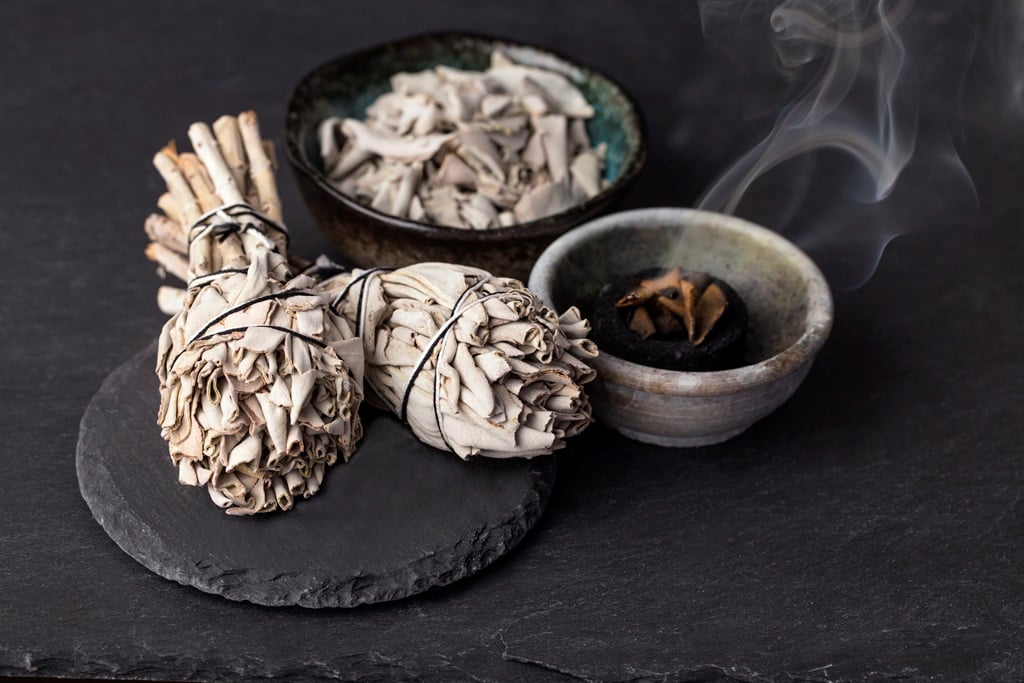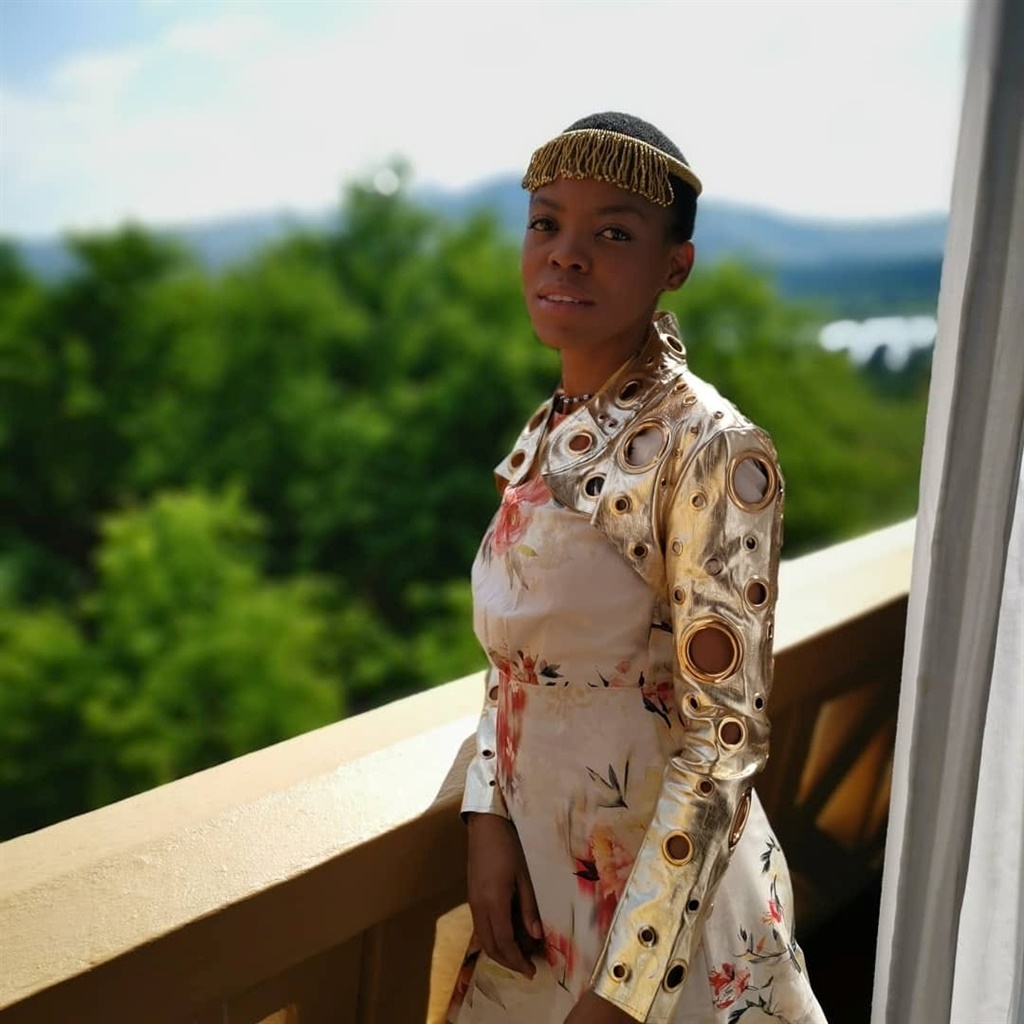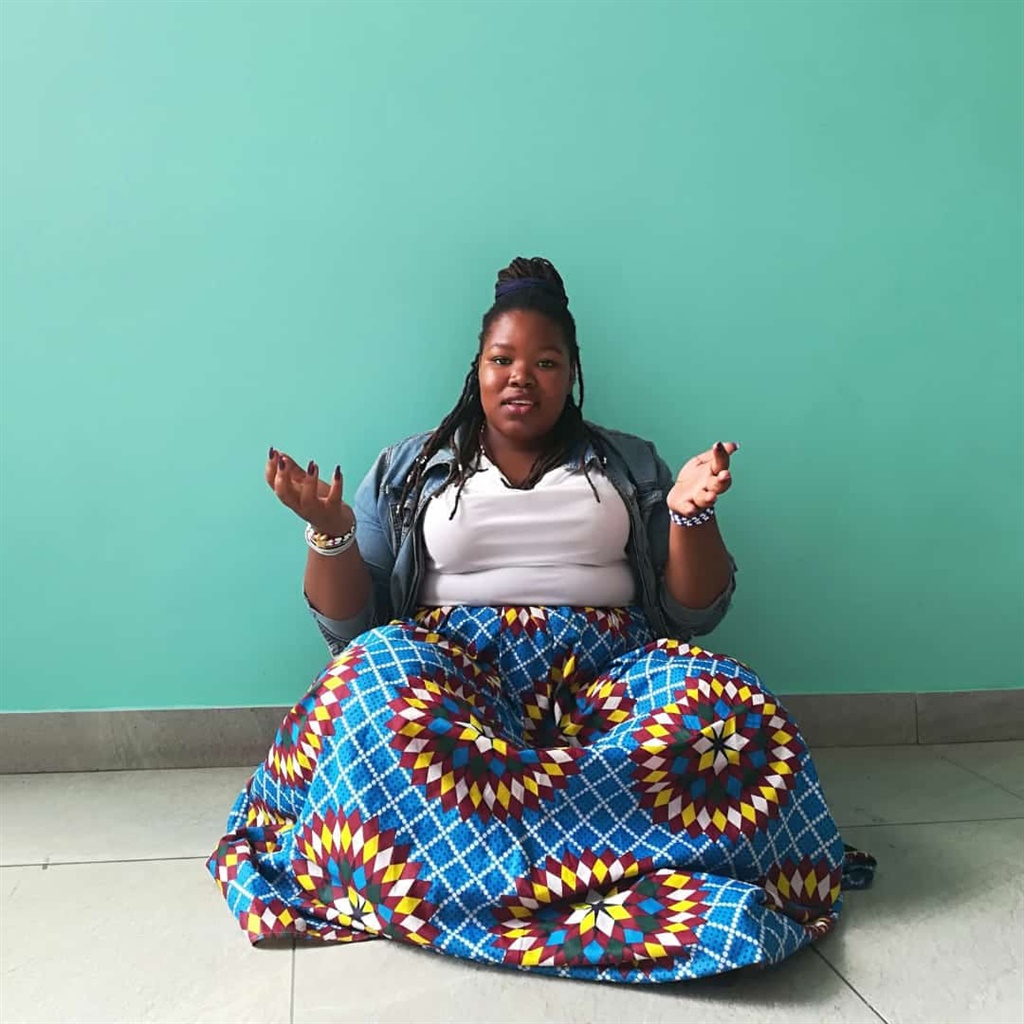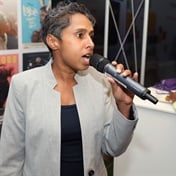
Traditional healers are no longer the elusive figures they used to be. Many are modern young women with day jobs, who practise their craft with a passion to heal people. Some are using social media to reach people. Moroetsana Serame spoke to two healers who are breaking the stereotypes.
Perceptions of traditional healers have often been misinformed, judgemental and backward. It is a topic that has been sensationalised and the practice is still not seen as a reputable healing form in its own right.
When you think of narratives created about African spirituality, it is almost impossible to think of it outside of the sterotype of the evil witch who helps you enchant lost lovers or stop the success of those you’re envious of.
In short, this characterisation manifests in the character Scotho, played by the talented actress Zikhona Sodlaka in the Mzansi Magic television drama iGazi.
But today’s traditional healers are modern, passionate, tech-savvy and focused on healing people.
The YouTube sangoma
One of them is Honey Makwakwa, also known as uMakhosi Nomabutho. She’s an actress, strategist, stylist, storyteller and sangoma. My first encounter with her was on her YouTube channel, Sangoma Society, which has close to 3 000 subscribers.
In it, she offers informative, erudite videos on topics such as “making an appointment with a sangoma, who are the ancestors and why do you need to have a relationship with them?”
It’s very difficult not to get drawn in by her grace, wit and vast knowledge of traditional spirituality.
The first video I watched on her channel was about menstruation. She says: “We’re talking about something that nobody wants to ask about in public. And it’s like, in 2019, are we still scared of having this conversation? As womxn, we’re often told about culture and tradition whenever sexual and reproductive rights are brought up.
“The language used to address these matters can be as problematic as the preconceived and misguided notions that are often brought forward. Here I wanted to address some of that.”
Since then I have become an avid follower of her on social media, platforms she uses to educate and address taboos we face daily, such as abortion and sex work. She’s made me feel seen as a young African womxn.
In an interview with City Press, she tells me that people often misunderstand sangomas. “The word demons was loosely translated as badimu [ancestors] in Setswana, and this has a lot to do with how people perceive us,” she tells me over the phone. “People often forget that being a traditional healer was something that was punishable by death at some point.”
She found her activism and feminist roots in her traditional healing journey. “I was an activist previously but not necessarily a womxn’s rights activist. However, my feminism was awoken by ubungoma [the calling].
“The first thing we’re taught when undergoing initiation is that there is no difference between a man and a womxn, and that was my first challenge.
“I didn’t need to prove that I can conform, rather what I learnt was to let go and I found that how I confronted reality changed.”
The feminist sangoma
Lazola Kati is an advocacy organiser for the Right 2 Know Campaign. She is also known as Gogo Mamkoena or Gogo Nofight. She is a sangoma in Joburg.
She sees traditional healing as more than just a profession, but a lifestyle that is deeply rooted in her activism and feminism.
“African spirituality is essential to the African identity. I find myself being a mother, a gobela, a guide and counsellor to many.”
Kati works with survivors of rape, sexual assault and other forms of trauma. She tells me that in society our definition of trauma is very limited. In her opinion, trauma is when the spirit or body is hurt and as a result needs healing to find stability and to move on.
“The spirit in you needs recognition and healing, it needs to be heard by the police, medical professionals, the community and even by your ancestors. Spiritual healing is a conversation that opens up many wounds.”
This is why she encourages her clients to seek therapy, counselling and other reinforced and continued assistance. Beyond the spiritual healing she provides, she wants them to find holistic healing, which includes constantly working on emotional health. She feels African spirituality seamlessly co-exists with other healing forms, despite the impression we’ve been given.
uMakhosi Nomabutho agrees: “Some issues are complex, private and sacred and as such require consulting a sangoma. However, other elements are universal and may require consulting a Western medical doctor. You don’t need to consult a traditional healer to have a relationship with your ancestors.
“In the same way that you would not need to go and see a doctor in order to maintain good health. This is why I create the content that I do on my YouYube channel in order to make such information freely available.”
Discrimination
Judging from the comments on uMakhosi Nomabutho’s channel, traditional healers are helping to shape our society into a better one. But they do not always receive a warm thanks for their help.
Gogo Mamkoena says she started in the Anglican church, praying for people. She says in her circles, African spirituality was never seen as a taboo or a hinderance to God. But she did face discrimination once she started practising as a healer.
“It was my third year of university and I was moving out of res hoping to find alternative accommodation. I went to view a place, met the landlord and my application had been accepted.
“However, when I tried returning the signed [lease] documents to her, she said although she was open-minded, she had consulted her priest from the Pentecostal church, who encouraged her not to go through with the lease.
“I was really hurt and I consulted my bishop. I could not understand why she thought that practising ubungoma was against God.”
She says she has been overlooked for promotions because of the misperception that she cannot balance work and being a sangoma, despite meeting all her key performance indicators.
“I decided not to be bitter or offended, but rather see this as an opportunity to educate.
“People often stare at my beads, they get shocked that I dress well, smell good, have my make-up on, that I drive and have a career. I see it as an opportunity for others to learn.”
Tradition meets tech
The traditional healers are increasingly using social media and technology to educate and empower but this is changing the way many youth see them. Says uMakhosi Nomabutho: “People are often scared to share certain things with older traditional healers or speak candidly with them.
“Not every healer allows you to ask questions and contextualise who you are. Therefore it’s important to have representation and that’s why we’re seeing many healers who are young.”
TV shows like Umndeni on Moja Love, show the intersectionality between youth, queerness, love, marriage and African spirituality. It contributes to raising awareness and dispelling problematic myths. Traditional healers are also using their calling as a tool of activism and reshaping society for the benefit of the marginalised.
“African spirituality is logical, simple and not a mysterious occult. I hope that in future social media and technology can make traditional healers more accessible and enable the sharing of a different perspective to allow people to find information more easily and help them understand,” says Nomabutho.




 Publications
Publications
 Partners
Partners










